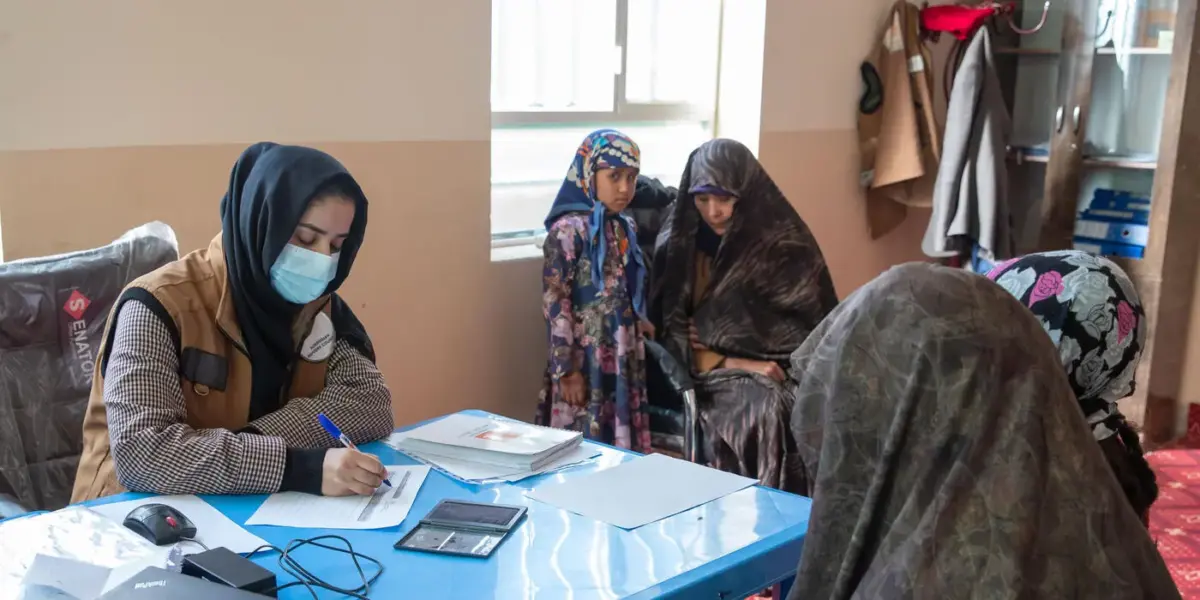KABUL, Afghanistan — Afghanistan remains one of the United Nations Population Fund’s top humanitarian priorities, the agency said on Thursday, as it released its 2024 regional report detailing support for more than 900,000 people in the country amid deepening restrictions on women’s rights and growing health needs.
Despite operational challenges under Taliban rule, UNFPA said it continued to provide life-saving reproductive health services, gender-based violence support, and maternal care through local partners, mobile teams, and emergency supply chains.
In 2024, UNFPA said it reached over 900,000 individuals in Afghanistan with health and protection services, delivered 25,000+ dignity kits to women and girls, supplied 1,019 health facilities with reproductive health commodities, deployed 46 mobile health teams to serve remote or crisis-affected areas and distributed 2,662 emergency reproductive health kits and 199 obstetric kits to address childbirth-related emergencies.
“Even in the most complex and politically constrained environments, women and girls must not be left behind,” said Pio Smith, UNFPA’s regional director. “Afghanistan is a humanitarian priority.”
UNFPA’s work in Afghanistan also included support for safe spaces, legal referrals, and psychosocial care for survivors of gender-based violence. These services were vital, the agency said, in a country where many women have been barred from public life and continue to face elevated risks of violence and isolation.
Afghanistan was one of five countries in the region where UNFPA conducted supply chain monitoring to ensure timely delivery and quality control of health commodities. The agency also involved Afghan stakeholders in regional consultations to improve the design of dignity kits for women and girls with disabilities — part of a broader push for inclusive humanitarian response.
The report noted that maternal mortality remains high in Afghanistan, and that unmet needs for family planning and reproductive health continue to grow, particularly in rural and conflict-affected areas.
Regionally, UNFPA warned that more than six women die every hour from preventable maternal causes across Asia and the Pacific — with fragile countries like Afghanistan disproportionately affected.
The agency called for sustained donor support, warning that without renewed international investment, Afghanistan’s women and girls risk losing access to even the most basic care.





